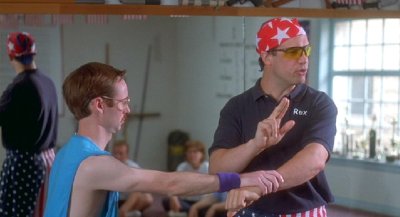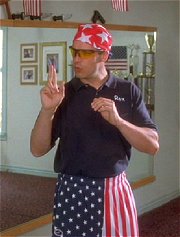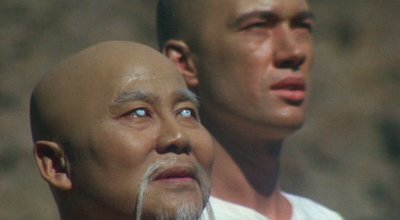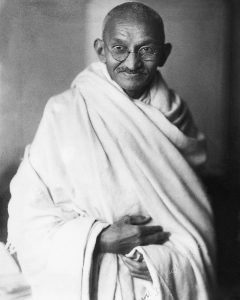On his opponents…
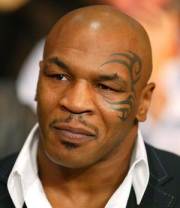
Frank Bruno: “How dare these boxers challenge me with their primitive skills? It makes me angry. They’re just as good as dead.”
Tyrell Biggs: “I could have knocked him out in the third round but I wanted to do it slowly, so he would remember this night for a long time.”
Lennox Lewis: “I’m coming for you man. My style is impetuous. My defense is impregnable, and I’m just ferocious. I want your heart. I want to eat his children. Praise be to Allah!”
“It’s ludicrous these mortals even attempt to enter my realm.”

